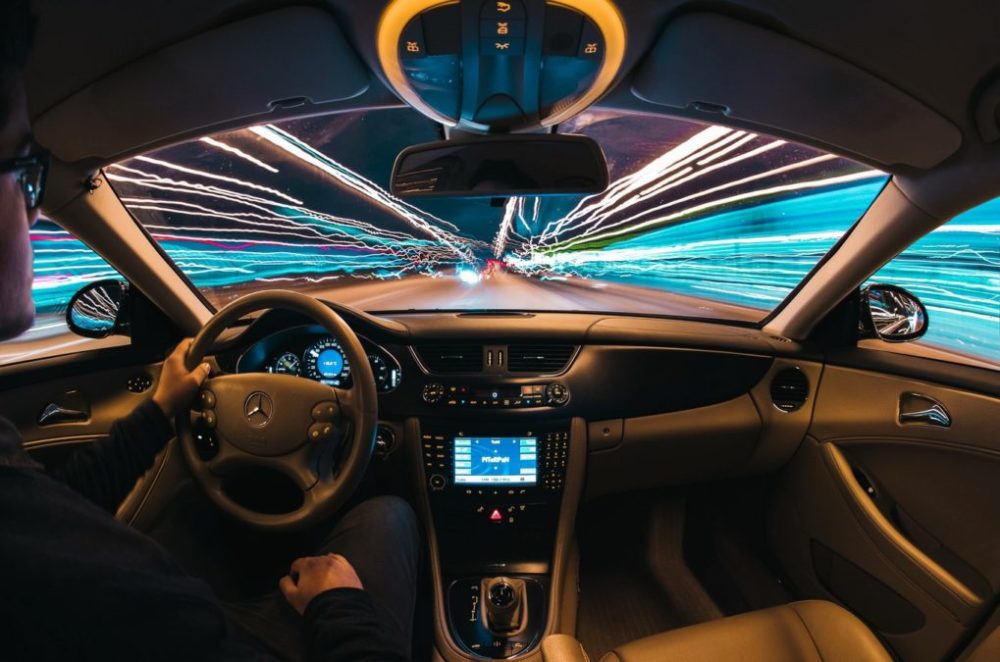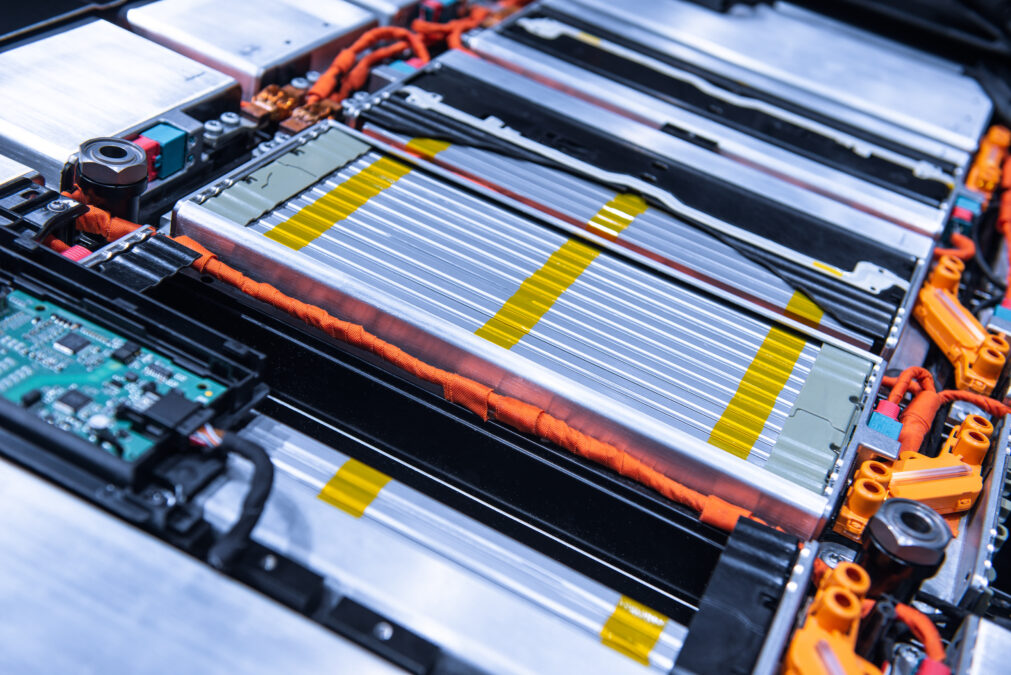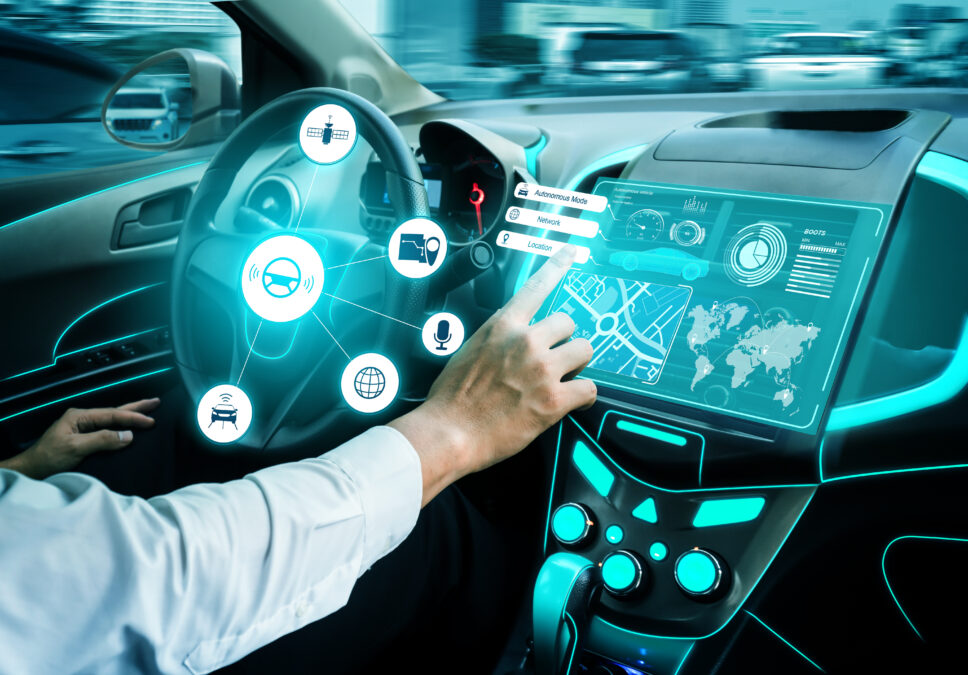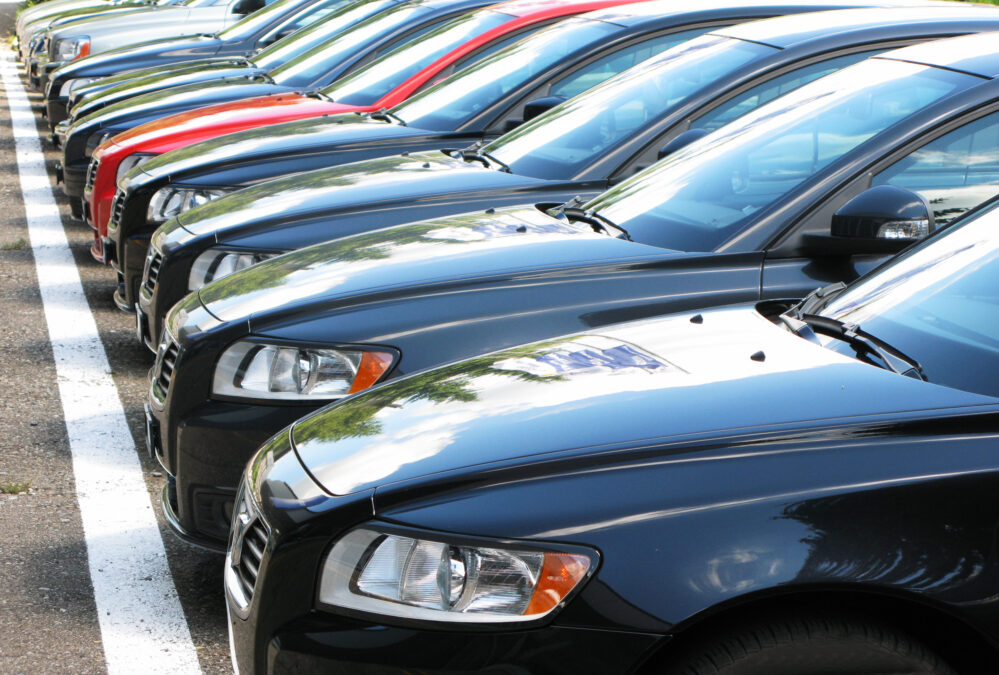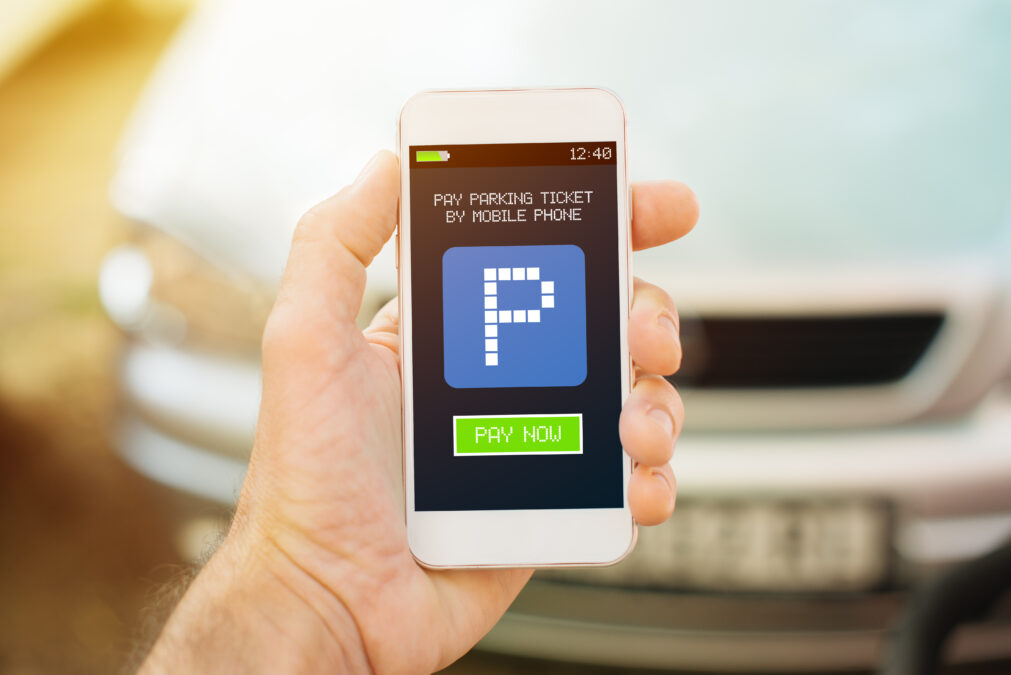There has been a recent revolution in connected car technologies. From remote keyless systems to smartphone apps that control GPS navigation, in-vehicle infotainment and on-demand mechanical diagnostics, innovation in the automotive industry goes far beyond the now ubiquitous Bluetooth connectivity. Driven by shifting consumer priorities, the digital transformation of the car is having a profound impact on car manufacturers as well as their partners and suppliers.
Facilitating an industry-wide implementation of these new technologies requires collaboration between previously siloed companies and industries. There is early evidence of this, for instance with the Digital Key, the first standardised solution that allows drivers to download a digital key onto a smart device to lock and unlock a car, and share it with other users. But in order to deliver the service demanded by consumers, automakers must develop a set of technical standards and procedures for using customer data which enables seamless working with mobile operators, retailers, payments providers, insurers and infotainment platforms.
>See also: The connected car ‘data explosion’: the challenges and opportunities
A new dawn for car usage and ownership models
Thanks to new car-sharing and ride-hailing apps such as Uber, Lyft and Zipcar, the ownership model of a car is changing. Consumers are more concerned with getting from A to B than actually owning a vehicle and there is an expectation that their journey is as enhanced as possible, whether by streaming a video, listening to music, or chatting to a digital personal assistant. As such, there has been a pivot by the industry to a customer-centric approach to new mobility business models. In fact, automakers can’t afford to not make this change. It’s predicted that in the future, 50% of automotive revenue will come from car services, rather than the hardware automakers have been trying to perfect for over a century.
To be truly competitive, automakers now need to commit to getting to know the personal preferences of their end-users and master these new digital technologies. In a major disruption to the industry, the real competitors to the likes of BMW, Audi or Toyota are no longer each other, but tech giants like Apple, Google and Amazon. These data giants have mastered the provision of personalised services across a multitude of touch points with their customers. Less interested in building cars than building an intuitive user experience, they nevertheless represent the biggest threat to traditional carmakers.
>See also: Reinventing the wheel – servitization and the automotive industry
Smarter standards will enable cross-industry collaboration
The desire for more connected car services means there are many different industry players now influencing the development of the modern automobile – among them dozens of carmakers, hundreds of technology providers and thousands of banks. As an example, Honda and e-commerce giant Alibaba have partnered to provide digital, on-route payment services to drivers who need a quick way to buy gas, pay tolls or pay for a car charging outlet.
The next challenge is to ensure that more industries can get involved in enhancing the end-to-end user experience. Many carmakers are not used to having to share their technology, data and designs – and so the notion of cooperation with former rivals and integration with new partners is a completely new mindset. As a result, there is a distinct lack of standardisation around how the many different technologies, IT systems and customer touchpoints can be unified.
>See also: Who will win the race in the connected car revolution?
If they are to bring these new mobility services to the consumer at scale, the industry and its plethora of partners need to establish a universal commercial and technical standard for all parties. In this way, there can be a progression towards a fully functional Car Data Ecosystem, built on a technical standardisation that enables the secure exchange and monetisation of data across industries, from insurance and payments to telecoms and music streaming.
Digital identity is the key for the Car Data Ecosystem
Digital identity will be the enabler for these new services within the Car Data Ecosystem to work together. With the increased desire for optimal value from the consumer, there will have to be a concerted effort from carmakers to understand the unique identity of each and every user. No one customer is the same, and so it is essential for a car to be able to identify the individual in each seat and adapt to their personal preferences accordingly.
The provision of these services will be built upon the accumulation of a great deal of customer data, which will make trust increasingly important for consumers and businesses. For new mobility providers handling customer data, smarter standards can provide an interoperable solution that puts the consumer first and keeps their identity safe. By doing so, car manufacturers will be able to build a trusted relationship with the consumer and increase their chances of their customer retention; thereby improving their competitiveness.
>See also: The present and future of connected car data
What still needs to be done
If connected cars are to reach their full potential – and the longstanding automakers are to remain at the forefront of this process – then deep cooperation around pain points is vital. It is encouraging to already see an initial change in mindset amongst manufacturers. Many are now part of a consortium or collective industry group, such as the Car Connectivity Consortium, which works across different industries to close gaps in ways of working.
It is vital for the car industry to recognise that its business model is undergoing a fundamental change. It cannot bolt-on new technology; it must rethink and redesign all aspects of its products and services to put the customer at the centre. The car companies that are profitable and popular 20 years from now will not be those with the sleekest or quickest vehicles, but those that offer the most integrated and intuitive user experiences.
>See also: Connected car security: why identity should be in the driving seat …
Michael Tworek is VP, Industries (Automotive & New Mobility) at ForgeRock


